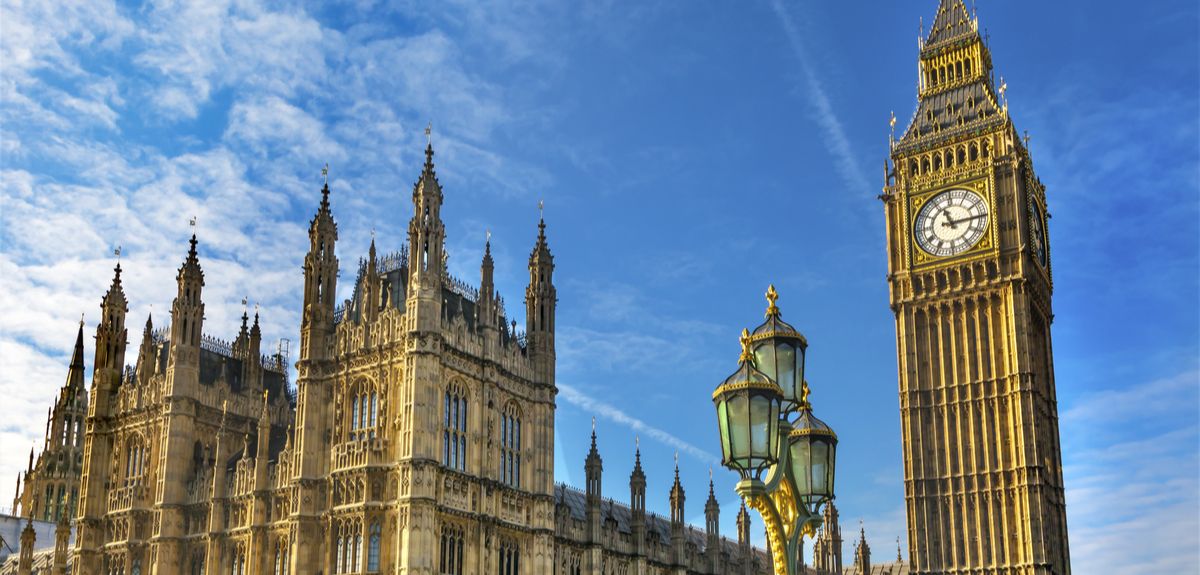
Image credit: Shutterstock
Scientists swap labs for Westminster
Professor Deborah Gill from the Radcliffe Department of Medicine and Dr Luke Jostins-Dean from the Kennedy Institute at the University of Oxford recently swapped lab coats for legislation at the House of Commons for a week in Westminster. The week is part of a unique pairing scheme run by the Royal Society – the UK’s national academy of science, with support from the Government Science & Engineering (GSE) profession.
During her visit, Deborah, who is a Professor of Gene Medicine, and Co-Director of the Gene Medicine Research Group, shadowed Tony Whitney, senior policy advisor for Public Engagement with Science for the Department of Business, Innovation and Strategy. Dr Jostins-Dean shadowed local MP for Oxford East, Annaliese Dodds.
As well as attending seminars and panel discussions about how evidence is used in policy making, the two researchers also attended a mock Select Committee.
The visit provided the Oxford academics with a behind the scenes insight into how policy is formed and how their research can be used to make evidence-based decisions. It was also to give the politicians the opportunity to investigate the science behind their decisions and improve their access to scientific evidence.
Professor Gill said: 'Science is a shared endeavour in society and communicating with the public is crucial to agreeing future research directions. In my research, using gene technologies, responsible public engagement builds trust and transparency. The Royal Society pairing scheme is a fantastic opportunity see this in action.'
Speaking of his pairing, Dr Jostins-Dean said: 'In my research I work directly with patients' genetic and healthcare data, and my work is heavily influenced by government policy around data sharing, treatment decisions and confidentiality. I am excited to learn from Anneliese how new laws are made, and how we as scientists can provide evidence to help parliamentarians make and scrutinise government policy.'
'I'm very grateful to the Royal Society for pairing me with a scientist, for a second year. It has been really interesting to spend time with Dr Jostins-Dean, in order both for him to find out more about how parliament works but also for me to find out more about his life as a scientist! It is very important that we build more links between science and politics, and I think the Royal Society scheme is an excellent way of doing that. I am looking forward to getting some hands-on experience of Dr Jostins-Dean's work when I do the reciprocal visit with him back in Oxford,' added Anneliese Dodds.
The MP for East Oxford will find out about Dr Jostins-Dean research, which focuses on identifying genes that increase our risk of developing inflammatory bowel disease (IBD), and on coming up with new mathematical and experimental ways to understand how these genes impact the human immune system.
Tony Whitney will get hands on experience of Professor Gill’s work, which includes developing gene therapy for lung conditions such as cystic fibrosis, in a reciprocal visit next year. Researchers at the University of Oxford’s Radcliffe Department of Medicine also hope to learn more about engaging the public with their work during his visit.
The Royal Society’s pairing scheme, which started in 2001, aims to build bridges between parliamentarians, civil servants and some of the best scientists in the UK.